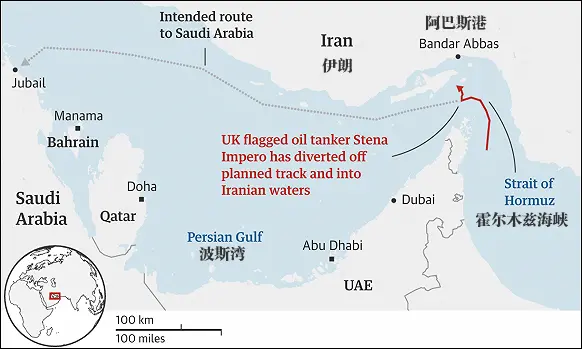When "Transformers 4" screened in China,audiences were surprised - and often cynical - when they saw Chinese brand products embedded in the movie along with Chinese faces and landmarks.
"As long as you are not vilifying China - be it a brand, a place or an actor - it gives the audience a feeling of familiarity. It is a sign of a culture becoming stronger," argued Liu Siru, founder and CEO of Filmworks China, after waves of online mockery saying the Chinese cameo roles added nothing to the storyline.
Filmworks, a Beijing-based marketing firm that promotes movies and merchandise in China, arranged the first Chinese product placement in a Hollywood film.
Liu's six years working for the U.S. motion picture giants enabled her company to connect Chinese brands with Hollywood film-makers.
She began building a network of contacts and learned about movie-making when she worked as an associate producer on Kung Fu Hustle, a Hong Kong action comedy co-produced and distributed by Columbia Pictures.
The MBA and journalism graduate left the U.S. for China in 2006 and worked at Orange Sky Golden Harvest, a film production, distribution and exhibition company based in Hong Kong.
She says she had no intention to work in product placement, but "when there's a need on both sides, it's quite silly not to take the opportunity."
Her opening came when she was approached by a friend who wanted to place Metersbonwe fashion products in"Transformers 2".
Liu knew the film-maker and helped with the negotiations, enabling the brand logo to feature in the science fiction hit, marking the first appearance of a Chinese brand in a Hollywood blockbuster.
She set up Filmworks in 2010 and started working on the placement of Chinese brands in Transformers 3, when the company was only a team of four.
Product placement normally starts with script analysis, when Filmworks identifies what kinds of products could be placed in which scenes before approaching clients and asking if they will agree to the placements.
"But this rarely happens in Hollywood blockbusters because only a handful of people can read the script," says Liu.
For major Hollywood films, Liu goes to the set and reads the script there - and is prohibited from taking notes.
Directors have the final say on how a product appears, and Liu has her client's authorization to accept or reject the offer, but not the right to change the plot to present the product as the client wishes.
Ensuring the product placement comes out as agreed is Liu's job.
She usually goes to the studio and checks the effect of the placement frame by frame, where each frame is 1/24 second.
Chinese brands are still discovering the potential of product placement in Hollywood films to target the China market.
Liu watched "Transformers 4" in a cinema in the U.S. and found the foreign audience did not react to the appearance of Chinese brands as they did when they recognized Budweiser Light or Victoria's Secret in the movie.
Chinese brands that want greater exposure to overseas audiences need vision and perseverance, she says.
Electronics giants Lenovo and TCL are among Chinese firms trying to reach out through the silver screen.
"For electronics companies, achieving a larger market share is not something that can be achieved in a single movie. It requires a long-term internalization process," says Liu.
In Hollywood movies, the highest bidder isn't necessarily selected, as it depends on whether the product suits the film.
The production cost of Transformers 4 was 200 million U.S. dollars, and the contribution of product placement companies was a tiny fraction of this. Some Chinese movies, however, can be entirely funded by placement clients.
Filmworks, which now has 15 staff and offices in Shanghai and Los Angeles, was recently bought by WPP, the world's largest advertising and public relations company based in London, and is managed by GroupM, the largest advertising company in China.
Liu maintains she's only a tiny cog in the film industry, but an enthusiastic one as the mother-of-two defines herself first as a story-lover, and second as a businesswoman.
"A great movie is a good story well told," says Liu, who bought the China distribution rights to "Dallas Buyers Club", despite misgivings that its China cinema release could be hindered by themes involving AIDS, homosexuality and other "sensitive" topics.
"I thought it was a great movie that a Chinese audience should be able to watch legally," says Liu.
She sold the movie to Youku, an online video sharing platform, and donated screening rights to the Shanghai International Film Festival.
"If I had not bought it and no one else did, I would've felt the movie and the Chinese audience were both wronged," she says.
Asked about her vision for the company, she replies, "I want to keep focused on doing what I do the best, and to be the best in this market."
 简体中文
简体中文





